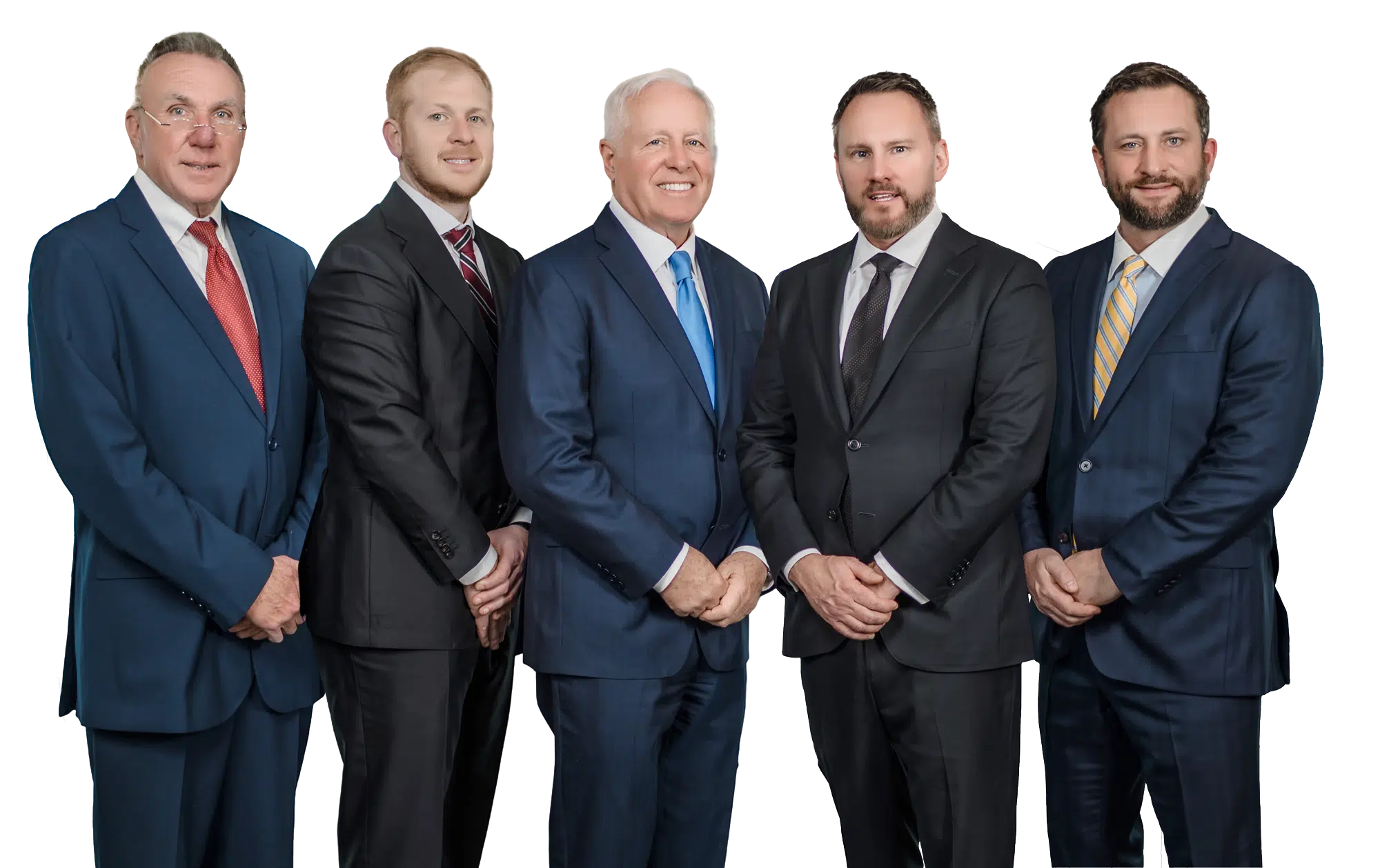Do I Have a Concussion?
If you have sustained a head injury and are exhibiting symptoms of a concussion, you must seek medical attention immediately.
Brain injury experts from the Centers for Disease Control and Prevention have listed several symptoms and observable behaviors that signify a possible concussion. Although you should never attempt to diagnose a concussion on your own, your answers to the questions in this survey can indicate a concussion.
*Medical Disclaimer: While a free online concussion quiz can assess your condition and provide advice, this test should NOT be considered a diagnosis. If you’ve ever experienced a head injury and think you might have a concussion, you should consult with a doctor or brain injury specialist as soon as possible.
If You Think You Have a Concussion: What to Do
A concussion is a mild traumatic brain injury, or TBI, that generally results from a jolt or blow to the head. Most people with concussions recover quickly, but some experience long-term effects that can last for weeks to months. Rare cases persist for a year or more.
If you think you might have a concussion, seek immediate medical attention. Dismissing a potential concussion can be serious due to the risk of long-term complications. Meanwhile, begin your recovery at home by taking it easy.
Rest and Recover
Take time to rest to support your body’s recovery process. Get plenty of sleep and nap during the day if you feel fatigued. Avoid intense mental and physical exertion and any activities that worsen your symptoms. Remember that screen use, including texting and video gaming, can stress the brain.
Plan to take a few days off from work or school, then gradually return as you feel comfortable. Be aware of any cognitive symptoms, such as difficulty thinking and remembering, and don’t push yourself beyond where you feel healthy.
Ask your doctor when it’s safe to return to physical activities, including sports. Most people can begin their build-up to activity after one to two days of rest. Ask your doctor about a sport-specific recovery plan if you are an athlete.
The most important step you can take is to avoid a second head injury. Concussions damage brain blood vessels and nerve cells. Repairing those structures takes time. A second blow to the head can cause the blood vessels to leak and cause lasting damage to neurological tissue.
Watch for New, Persistent, or Worsening Symptoms
Brain injuries may appear mild at first but become worse with time. Seek immediate emergency assistance if you have any of the following:
- Seizures
- Loss of consciousness
- Worsening or persistent headache
- Vision changes or changes in pupil size
- Slurred speech
- Coordination problems
If your concussion symptoms do not resolve or you experience new symptoms, call your doctor or seek emergency care.
How to Know If You Have a Concussion
Concussions happen when an impact jostles the brain inside the skull. Any head injury can cause a concussion, even if the incident seems minor and the symptoms aren’t immediately apparent.
A common misunderstanding is that concussions cause people to black out. The opposite is true. Most people who suffer concussions never lose consciousness. Additionally, many concussion symptoms, such as confusion and fatigue, are easy to misattribute to other causes.
Our quiz may help you determine whether your symptoms indicate a concussion, but the best course of action is to see a doctor. Physicians have the training to ask the right questions and determine appropriate treatment.
So traumatic brain injuries are a silent killer. Many times, we get a lot of clients from these motor vehicle crashes who really don't know that they suffered a traumatic brain injury. These brain injuries can be a lack of balance, headaches, or fatigue, based on person to person. It's really important to understand who this person was before and who they were after.
– Steven DeBonis, Attorney
Common Symptoms of Concussions
Symptoms of concussion are different in every patient. Watch for any combination of the following signs:
- Headache
- Trouble thinking, concentrating, or remembering
- Dizziness or balance problems
- Nausea or vomiting
- Sensitivity to light
- Problems with vision, taste, smell, or hearing
- Fatigue, sluggishness, or grogginess
- Mood or behavior changes
While children and teens experience the same concussion symptoms as adults, they may not be able to describe their experiences accurately. They may only be able to say that they “don’t feel right,” an experience that many concussed adults also have.
Remember that concussions are brain injuries, and it’s always best to err on the side of caution.
Did A Car Accident Cause Your Concussion?
Concussion recovery can cost you time, money, and lost wages. If you have suffered a concussion in an accident caused by someone else, you may qualify for compensation.
At Cordisco & Saile, we fight for the rights of those injured by others’ negligence. Our award-winning team has recovered millions for our clients, whom we value like family. If you choose our brain injury lawyers in Pennsylvania to represent you, we will push for your rights no matter how much effort it takes.
Call us at 215-642-2335 or contact us online to schedule your free consultation. There’s no fee unless we win.
Please fill out the quick contact form below for a fast and free case consultation. We will contact you within 24 hours!
"*" indicates required fields

